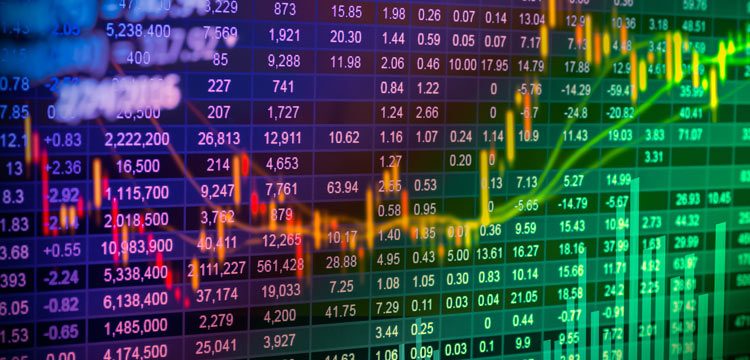European stocks recover as the rest of the global market remains depressed

This month has seen global stock markets drop at a fast rate as a result of political uncertainty in several parts of the world. The US-China trade war is giving a lot of investors a cause for worry and Italy’s budget and monetary policy are affecting the markets as well. The Morgan Stanley Capital International world equity index which is a measure for global stock market and tracks shares in 47 countries is down 9.3% for the month. The index has already lost $6.7 trillion in market capitalization since the start of the year. Monday’s trading has been a relief for the global market as the MSCI world equity index saw a slight gain of 0.1%, which was mainly driven by European stocks.
Italy’s FTSE MIB rises 1.5% as the rest of the European markets follow
Standard & Poor left Italy’s sovereign rating unchanged causing Italian bond yields to fall sharply and the stock prices to rise. Italy’s FTSE MIB saw a 1.5% gain leading the growth for European stocks. “This follows a week in which the populist coalition government has embarked on a collision course with Brussels over its spending plans, as both parties attempt to stand by election pledges on spending and tax cuts while staying within the euros budget rules and not spreading panic among investors. After it was initially reported that the budget deficit would be 2.4 percent next year, investors bolted for the exits as this both exceeded expectations and was likely to be very problematic,” – explained a senior market analyst at OANDA, Craig Erlam.
Other European countries saw gains as well. Germany’s DAX increased by 0.7% and the leading index of eurozone stocks Euro Stoxx 50 rose by 0.5%. This was partially due to a weakening euro. The currency fell after a report about German Chancellor Angela Merkler not seeking re-election started to circulate.
Investors are still concerned about the future prospects of the equities
Investors don’t seem very optimistic about the Monday’s gains. “The only way I can summarize the core sentiment among the European investors I met is something like ‘pretty grim,” – commented Erik Nielsen, group chief economist at UniCredit.Asian and US stocks remained depressed as well, as the fears of the long-term consequences of the trade war are intensifying. China’s blue-chip index dropped over 3.3% dragging down Asian stocks. As the economy is showing signs of slowing down, investors are only getting more concerned. The sales of raw materials and manufactured goods are tumbling in China and the industrial firms are slowing down as a result. September marked the fifth consecutive month of drop in these companies’ profit growth.
US stock market has been affected by the underwhelming earnings reports from Amazon and Alphabet (Google). The stocks of both companies shed value quickly after the reports were released last week. On Monday, S&P 500 futures dropped 0.2% and the Dow Jones futures lost 0.3%, demonstrating the negative outlook investors have for the future of the stock market.

Emerging markets stocks surge after Brazil’s presidential election
Elsewhere in the world, the emerging market stocks seem to be fairing a little better. MSCI Emerging Market Index gained 0.1% during the last trading session. Analysts believe that the increase was due to Jair Bolsanaro’s winning Brazil’s presidential election. “Our initial assessment for the Bolsonaro administration is that it will have a pro-business stance, focused on enhancing the country’s competitiveness,” – commented an analyst at UBS. The effect of the elections was evident in the European stocks as well. Those that were exposed to Brazil exhibited exceptionally large gains. Blackrock’s Latin American Investment Trust, which is listed in London, saw an increase of 7.4%, while iShares MSCI Brazil ETF, listed in Germany, increased by 6.6%.


























Comments (0 comment(s))